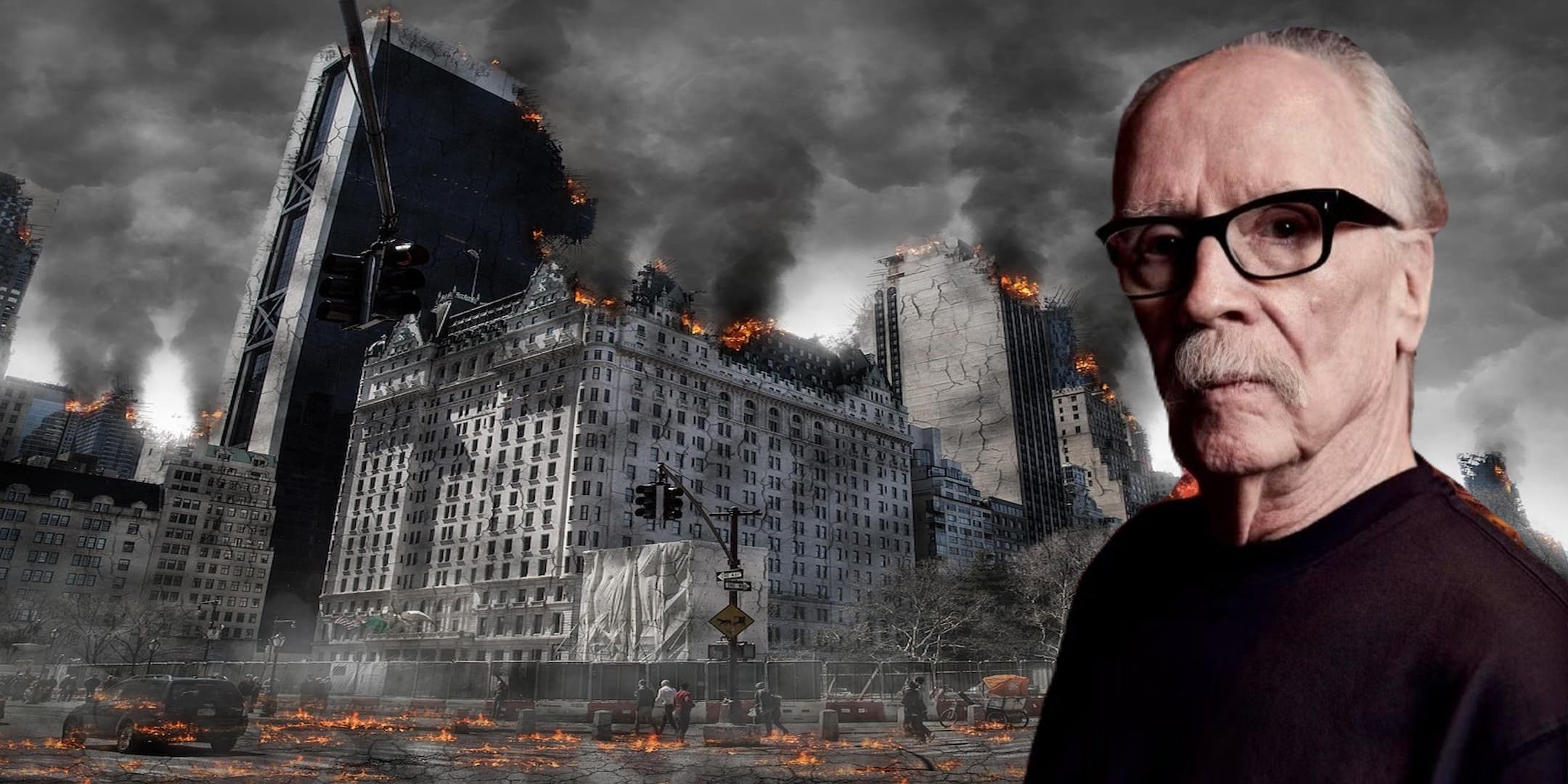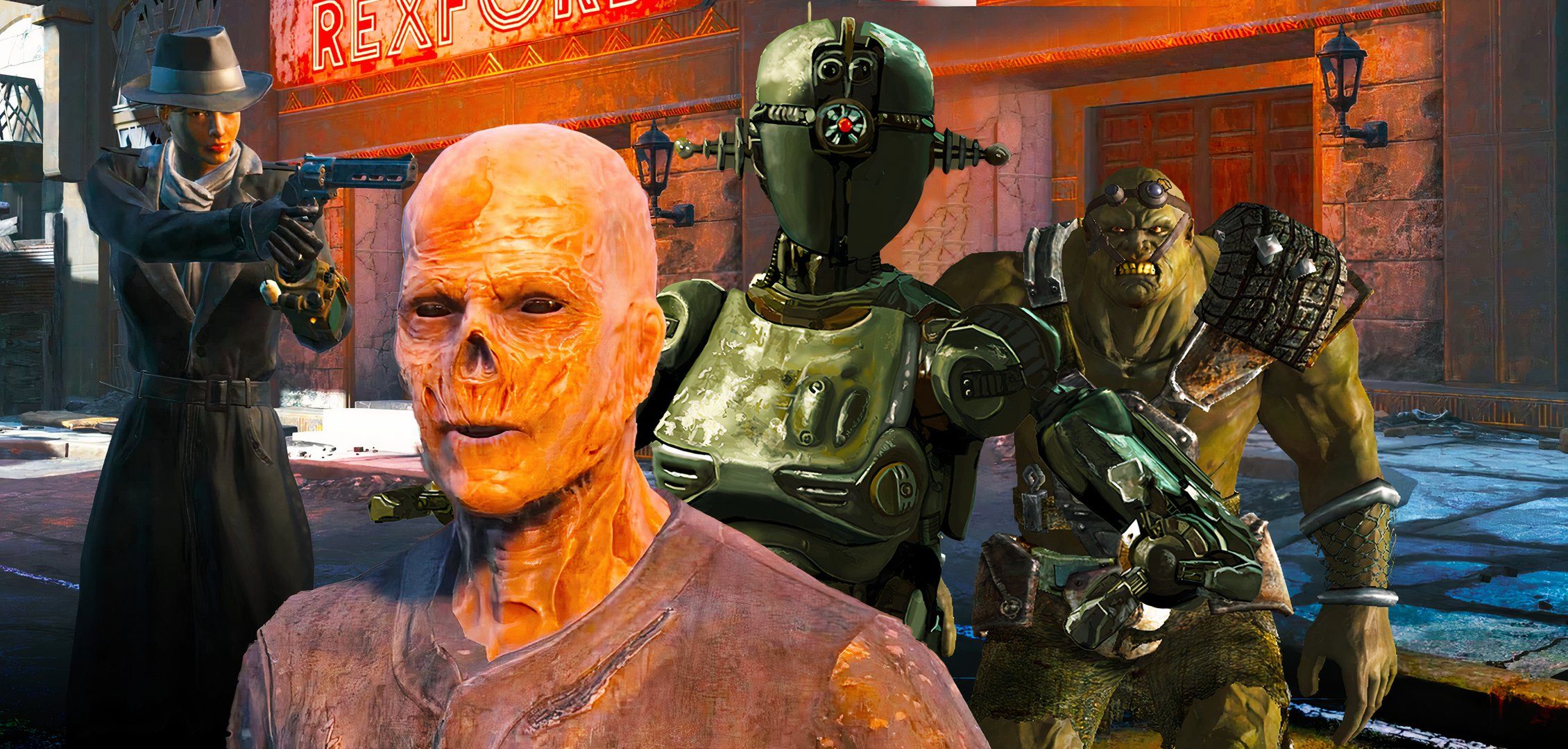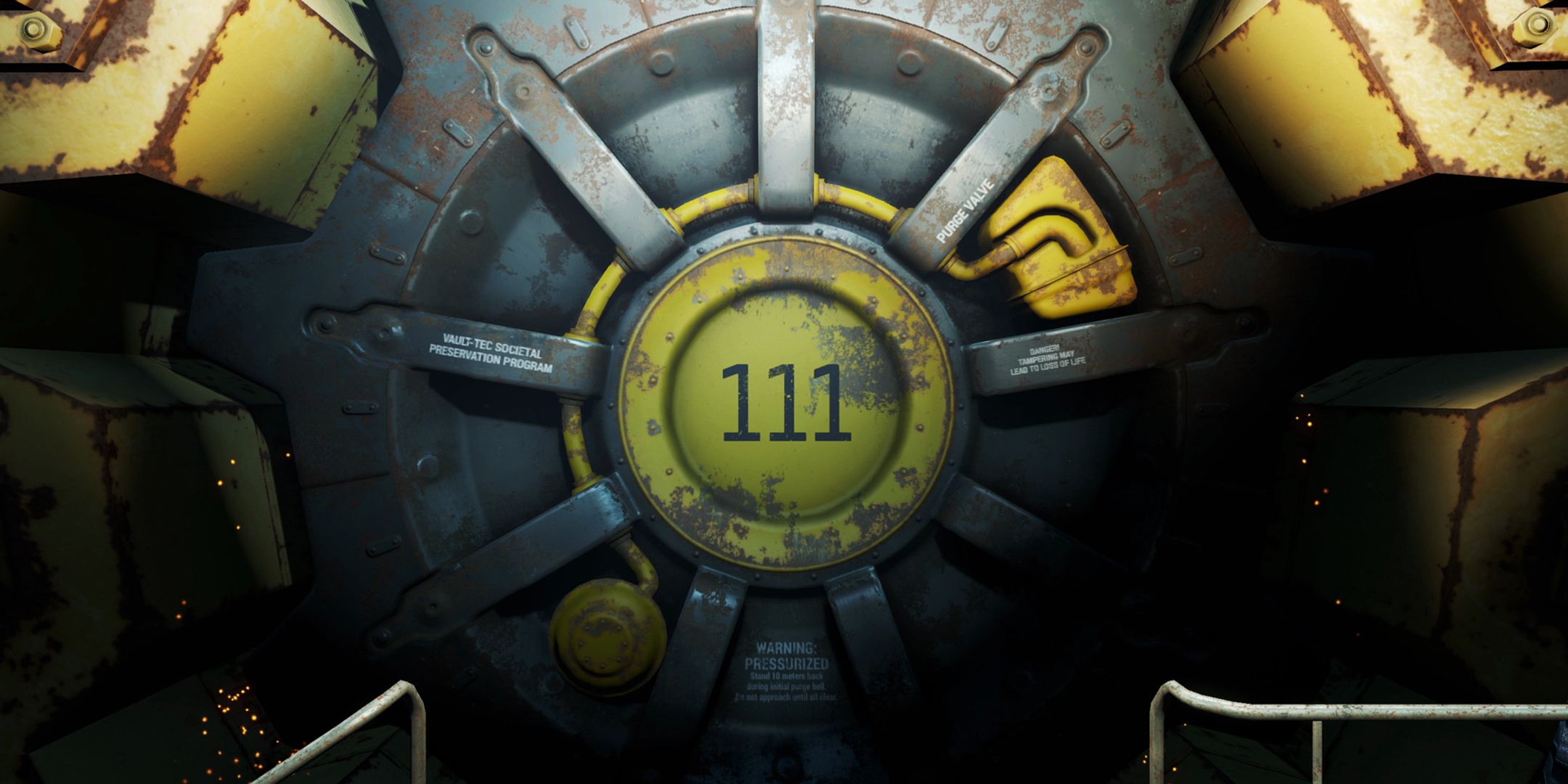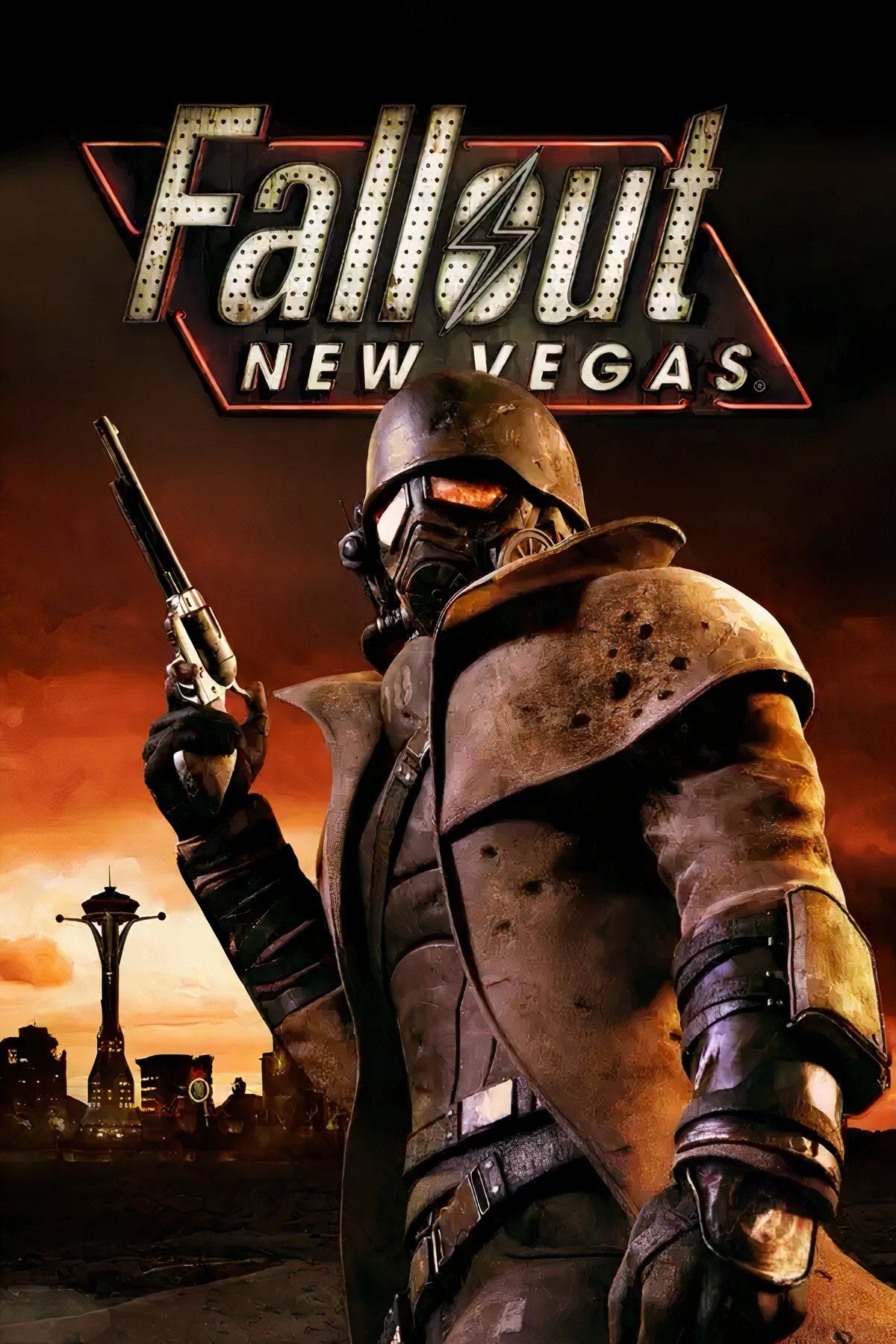With rumors of a sequel to the beloved Fallout: New Vegas emerging once more, I find myself thinking about the ups and downs of the franchise so far. I love Fallout and have poured countless hours into the series, going all the way back to the first game in 1997. However, there have been plenty of missteps over the course of the five main installments, an MMO, and plenty of DLC, things that a New Vegas sequel will need to avoid.
After the success of Amazon’s Fallout, rumors of new Fallout games make complete sense, with Bethesda finally taking advantage of the renewed interest in the franchise. And with Fallout: New Vegas considered one of the strongest of the modern Fallout games, focusing on Obsidian’s hit RPG is entirely logical and exciting for long-time fans. There is so much potential for a New Vegas sequel with tons of lore and characters many would love to revisit, but only if lessons from the past are learned.
10
DLC Making You Overpowered Too Quickly
Balance Is Key To Keep Things Fun
One of the first things that springs to mind when I think about issues a New Vegas sequel would need to avoid is the power balance in the original Fallout: New Vegas. It was far too easy to become an overpowered god when playing New Vegas with all the DLCs, in particular the Courier’s Stash DLC, which contained powerful equipment such as a grenade rifle.
Maintaining balance is always difficult in any open-world RPG, but as Fallout games tend to follow the Bethesda system of leveling with the player, they have their own set of problems. Fallout 4 handled this a little better by having zones with particular enemy levels, but even then, it was possible to become too powerful too quickly with certain gear. Having a gradual power curve is much more satisfying and something a sequel should keep in mind.
9
Only Relying On Perks Instead Of Bringing Back Traits
Traits Are A Fun Way To Make Your Character Stand Out
Speaking of player power, I hope that any future New Vegas sequels return to using traits rather than the perks system of Fallout 4. While perks provide positive rewards for leveling, traits differ by mixing positives and negatives that allow for more nuanced character builds. One or two traits are usually picked during character creation and chosen to reflect your backstory.
The Wild Wasteland trait in New Vegas added extra ‘wacky’ content, such as random encounters that would not otherwise trigger, like a gang of grannies who will hit you with rolling pins.
Traits are a great way of enhancing your skills or stats, but in more balanced ways that also feed into roleplay wonderfully. Later, Fallout 4 did away with the classic Fallout traits in favor of solely relying on perks. So, as an avid roleplayer, I’d love to see a return to New Vegas‘ mixture of the two.
8
Releasing The Game In An Unfinished State
Hopefully Bethesda Has Learnt From Fallout 76’s Disastrous Launch
A big thing a New Vegas sequel would need to avoid is falling into the same trap as Fallout 76 and launching in a terrible state. I remember Fallout 76’s release and the wave of backlash that followed as long-time Fallout fans flocked to the much-anticipated MMO only to find a bug-riddled mess. It took almost three years of updates to turn Fallout 76 into a decent game that I actually enjoy playing now.

Related
John Carpenter “Got Hooked” On This Open-World Game With A 52% Metacritic Score That’s Become A Must-Play RPG Since It Debuted 7 Years Ago
I was there at launch for Fallout 76, and it wasn’t pretty – to Bethesda’s credit, they turned things around and got the game back on track.
Bugs are inevitable in any large game, but Fallout 76 was released in what felt like an unfinished state. I, along with many others, suffered from constant crashes, but it was the shocking lack of meaningful content that turned many of us away. It has unfortunately become the norm nowadays for games to release in unfinished states, one which I’m hoping Fallout will avoid doing twice.
7
Having A Fixed Backstory & Personality For The Protagonist
A Good RPG Protagonist Should Be As Flexible As Possible
I’ve made no secret that I think Fallout 4‘s Sole Survivor was a bad protagonist. Although their fixed backstory provided great motivation for the main plot, many felt it was a hindrance to roleplay. Mods and a fair bit of hand-waving away of inconvenient moments can fix that to a point, but having a more flexible protagonist feels like a better idea.
The Courier of New Vegas, to a certain extent, was perfect for this, as they could be a blank slate that you could imprint any backstory you want onto. Fallout protagonists have always had some backstory provided, but previous iterations offered more flexibility than the Sole Survivor, who was locked in as a grieving spouse and parent. A good backstory should be vague to give players a starting point to build from rather than dictating how they roleplay.
6
Only Charisma Mattering In Dialogue
Making Other Stats Matter In Conversations Would Be Fun
I’m not sure how many people have ever done a low-Intelligence playthrough of New Vegas, but I thoroughly recommend it, as it’s one of the funniest playthroughs I’ve ever done. With unique dialogue choices that had me in tears laughing, New Vegas perfectly rewarded players for mixing it with their stats. However, this hasn’t been the case with other modern Fallout installments, in particular Fallout 4.
In Fallout 4, only Charisma was ever utilized in dialogue with other characters, simply relying on having high enough points to pass speech checks. I’d love a return to having other stats come into play, where my high-Intelligence character will be able to show off how clever they are, or a really strong character being able to intimidate enemies.
5
An Over-Reliance On Radiant Quests
Radiant Quests Are Boring Filler
One thing I’d love to see left in the past is Fallout 4’s over-reliance on radiant quests. Although every RPG needs a good, strong main story, side quests can make or break a game. Whether they are about particular factions, area-specific, or character side quests, a good mix of short and long quests is needed to give the player new and interesting things to do and discover.

Related
10 Weirdest & Strangest Fallout 4 Side Quests That You May Have Missed
Fallout 4 has tons of places to explore and side quests to keep players busy, and some of them can end up being truly bizarre experiences.
Unfortunately, Fallout 4 and other Bethesda titles in recent years have come to rely on radiant quests to fill out their games. The content is always the same, with you being sent to a randomly selected location to kill or find something, and it gets boring very quickly. These quests add nothing because they involve no meaningful story and usually have equally meaningless rewards.
4
Prioritizing The Wrong Things In Development
Fewer Mini Games, More Questlines
It’s common knowledge among New Vegas fans that the game’s production was notoriously rushed, with Obsidian given just 18 months to make the next Fallout game. And while they create a fantastic game, there are plenty of unfinished questlines and cut content that hint at the rushed development. This was probably inevitable given the time constraints, but it wasn’t helped by the odd priorities of New Vegas’ production, which saw a myriad of mini-games added.
From slot machines and blackjack to the card game caravan, there were plenty of distracting mini-games in New Vegas to keep the Courier busy. However, this came at a cost, with plotlines for some of the factions significantly trimmed down as a result. Any sequel should put plots and characters first and card games last.
3
Having Another Voiced Protagonist
Silent Protagonists Let Player Imagination Take Over
Fallout 4’s voiced protagonist ended up being one of its most controversial features, with many critics saying that it broke immersion too much. This mistake was further compounded by having the dialogue choices seen by players only display a vague suggestion, resulting in a disconnect between what was chosen and what came out of the Sole Survivor’s mouth. While both Brian T. Delaney and Courtenay Taylor did fantastic jobs, I feel like a return to the silent protagonists of previous Fallout installments would be a good move.
Silent protagonists are wonderfully freeing when it comes to roleplay as well as writing options for the developers. Bethesda seems to agree on this point, and proving that it has listened to the criticism, Starfield returned to the classic silent protagonist. Hopefully, this means that any future Fallout games, be they New Vegas sequels or otherwise, will follow the same route.
2
Too Much Empty Space
The Mojave Needs More Points Of Interest
One thing that I felt Fallout 4 did very well was properly fill the space on its map with a decent number of places to discover and explore. As much as I adore New Vegas, I can’t ignore that the vast space of the Mojave Desert is woefully empty. Most places of interest in New Vegas can be discovered by simply following the main story, which spoils one of the key aspects of any Fallout game: exploration.

Related
The One Fallout Project “You’re All Wanting” Is Only Part Of What’s Coming, Says Report
A long-awaited Fallout game may actually be in development, along with some other upcoming projects in the iconic post-apocalyptic series.
Red Dead Redemption 2 is a great example of how to use a desert region in a game without it feeling empty and dull. Wasteland doesn’t need to mean bare, and given that the Mojave region in real life contains large urban areas, it feels like a waste of a location. More towns or settlements, more bunkers, and more places to delve into are needed for a New Vegas sequel.
1
Disappointingly Weak Plot Writing
Give The Protagonist Clearer Motivation Throughout
The final mistake that I hope a New Vegas sequel avoids is perhaps a little harsh, but it bears mentioning: weak writing. While New Vegas still boasts some of the best writing in the Fallout series, there are areas where it lets itself down, creating frustration among those of us who know Obsidian could do better. There are two clear areas where a sequel would need to improve: following the principle of “show, don’t tell” and providing clear and consistent motivation for the protagonist throughout all the game’s acts.
New Vegas fell into the trap of relying on exposition to move the plot forward too many times, instead of showing, and what is seen on screen is sometimes at odds with lore dumps received. However, one of the biggest problems with New Vegas was the Courier’s motivations after Act 1, once Benny has been dealt with. The initial quest for revenge was excellent, but once it’s accomplished, the Courier is thrust into the region’s politics with no personal stake. Any Fallout: New Vegas sequel would need to take care to keep the stakes relevant to the protagonist.




